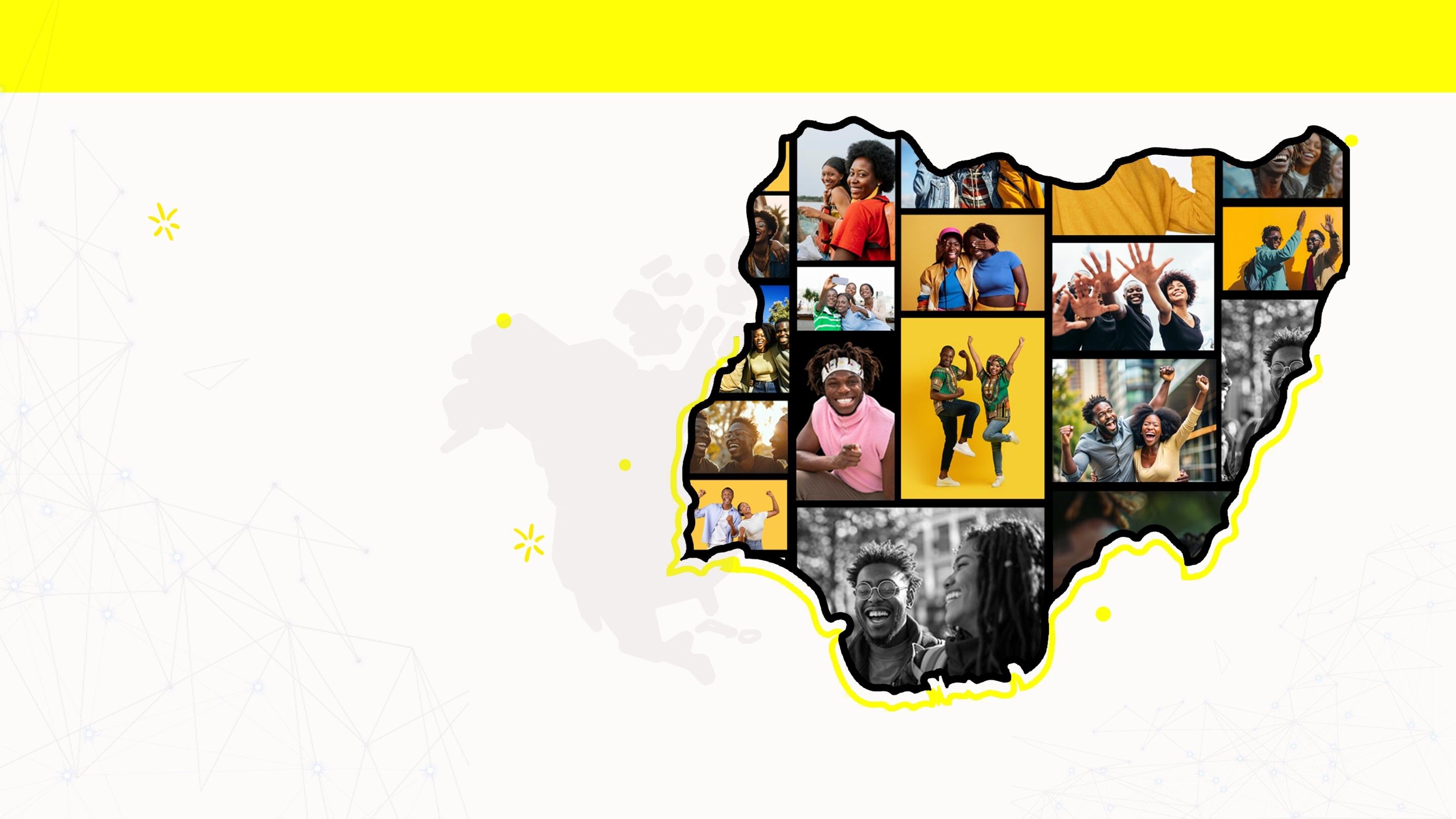Subscribe to our newsletter
Don't miss out on our latest updates.
Discover how AI adoption varies by industry and generation, and why now's the time to build future-proof skills.


AI is already changing how we work. For some professionals, it's a daily tool that leads to higher pay, more promotions, and greater confidence in the future. For others, it still feels overwhelming or out of reach.
We surveyed 1,000 full-time workers across the US to find out how they're using AI, what kind of support they're getting from their employers, and how it's shaping their careers. Some are moving ahead, while others are falling behind. If you want to stay competitive, now's the time to lean in and start building the skills that matter.
AI is already boosting salaries, but not everyone is starting from the same place. As demand for AI skills grows, professionals are under pressure to keep up — often without the training to close the gap.”

Professionals who used AI daily while working earned an average salary of $81,731, compared to $58,206 for those who never used it. That's a 40% wage gap. These figures reflect a mix of early- and mid-career roles across industries, which helps explain why the averages are lower than senior-level salaries. ChatGPT stood out as the most widely used AI tool on the job, with 85% of professionals saying they rely on it.
With AI becoming more common at work, many professionals are feeling the heat to catch up. Sixteen percent reported pressure from leadership to improve their skills, but said they weren't given the formal training or support to do so.
Pressure is also being felt in the job market, with 10% admitting to overstating their AI skills on resumes or in interviews. It's a sign that some already feel the need to appear AI-savvy before they're fully confident. As AI becomes more embedded in everyday work, this pressure may grow, prompting even more candidates to inflate their skills to keep up.
AI adoption isn't spreading evenly. Some industries and age groups are pulling ahead in use and proficiency levels, while others are still catching up.

In the technology and software sector, 32% of professionals reported using AI daily, which is the highest of any industry. That same sector also had the largest share of advanced and expert users (33%). Retail and e-commerce workers were most likely to rate themselves as intermediate (60%), while government and public sector employees most often said they were AI beginners (41%).
Among those who use AI regularly at work, government and public sector employees reported the highest average salaries at $106,511, compared to $65,079 for peers in the same sector who use AI rarely or never. Technology and software workers followed at $101,573 for regular AI users versus $78,685 for irregular users. These gaps suggest that consistent AI use is linked with higher earnings across industries, even in fields where overall adoption may be lower.
Looking at the breakdown among generations, Gen Z professionals were the most likely to rate their AI skills as advanced/expert, at 27%. Gen Zers who used AI daily at work earned 47% more on average annually than their peers who never used it ($74,284 vs. $50,561). They were also the most likely to have received a recent promotion (45%) compared to other age groups.

AI skills are in demand, but access to training and support still varies widely across industries.

Just over 1 in 4 professionals (27%) said their employer provided AI-related training. Financial incentives were even less common, with only 9% reporting any kind of bonus or support for earning AI certifications.
The technology and software sector stood out, with nearly half of employees (49%) saying they had received AI training through their employer. Nearly a third of all workers (31%) said they'd be more likely to stay at their current company long term if it offered AI training or certifications. Millennials and Gen Z were especially clear on this point, with 32% and 30% agreeing, respectively.
There's also growing concern about what happens without that support. Forty percent of professionals said they believe their job security will be at risk in the next 5 years if they don't improve their AI skills. Among tech workers, that number jumped to 68%, showing that even in the most advanced industries, the pressure to keep learning is real.
This study makes one thing clear: AI is no longer optional in today's workplace. Professionals who use it daily can earn more, move up faster, and feel more secure in their roles. But gaps in training, access, and confidence are holding others back. As industries evolve and expectations shift, bridging that gap will be key to staying competitive and future-ready.
Employer educational assistance programs can help make continued learning more affordable. A federal tax benefit allows employees can receive up to $5,250 per year in tax-free educational assistance from their employers. While many university programs exceed that amount, affordable online options make it possible to upskill within that allowance. For those looking to grow their skills, now is the time to pursue learning that keeps pace with the world of work and technology.
We surveyed 1,000 full-time professionals ages 22 to 55 from August 14–18, 2025. Respondents included 28% from Gen Z, 55% millennials, and 17% Gen X.
Nexford University is a modern online school built to get you career-ready fast. Our affordable, flexible degrees, like our accelerated bachelor's programs and online AI degree, are designed around real employer needs. That means you'll build practical, in-demand skills you can use right away. Learn on your schedule, from anywhere in the world, with 24/7 support when you need it.
The information in this article may be used for noncommercial purposes only. If shared, proper attribution with a link back to Nexford University must be provided.
Don't miss out on our latest updates.
Invest in yourself and your future. Discover our range of degrees, courses, and certificates to achieve your goal

As AI reshapes the job market, college grads are calling out a painful truth: their diplomas didn’t ...
Read more →
“Frankly, most other applicants don’t have an MBA from Dartmouth and $200,000 in loans to repay.”
Read more →
Nexford alumni outcomes offer insight into the current value of skills-focused, affordable online ...
Read more →
LinkedIn has become one of the most powerful tools for job seekers. With more than a billion users ...
Read more →
Nigeria has more young graduates than ever before. Yet, across the country, businesses say they ...
Read more →Hiring managers today see AI fluency — the ability to understand, use, and adapt to artificial ...
Read more →